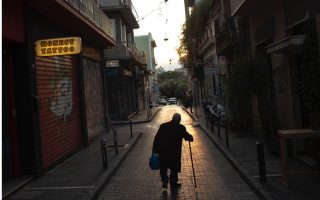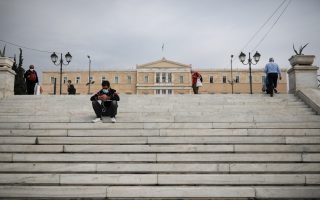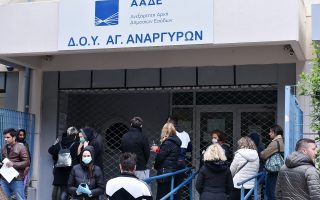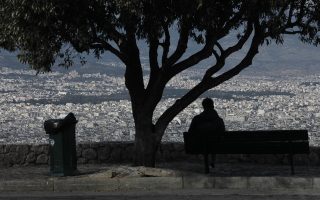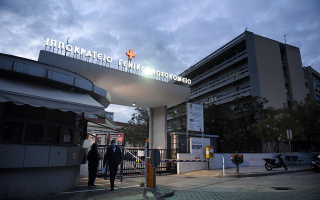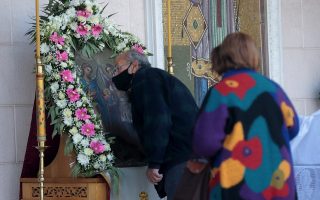Virus thrives in ‘closed circuits’
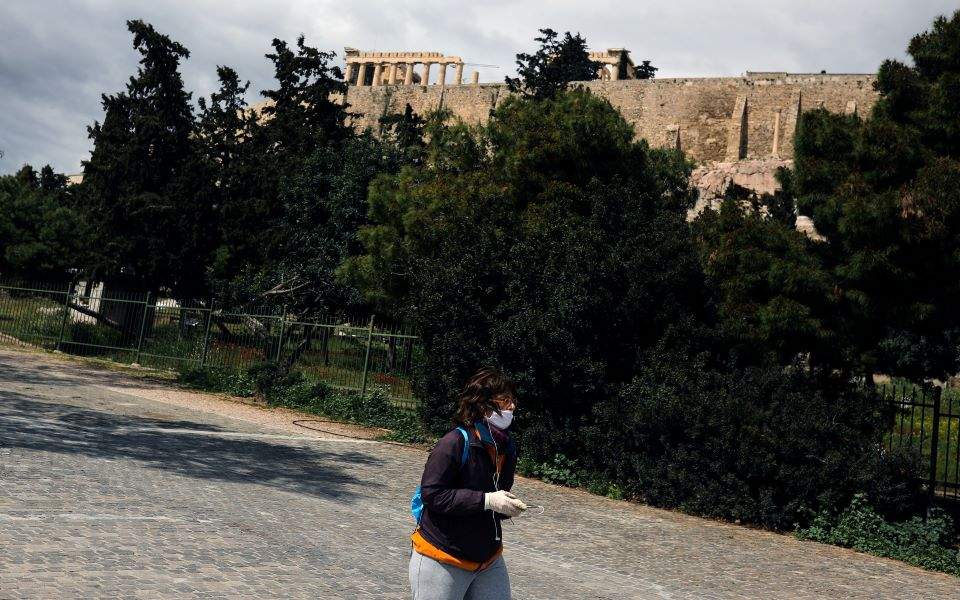
One of the biggest challenges posed by the pandemic is that we cannot classify every section of the population that is responsible for spreading Covid-19.
There are mask deniers, for example, and people who continue to party without fear. There are the kooks and those who are contrary from birth. They are all distinct groups of the general category of people who feel immune from responsibility – and they walk among us. But apart from these people, there are also the “closed circuits,” communities that would seem impervious to outside developments.
Take the village of Raptopoulo, population 250, in Agrafa, central Greece, for example. It was placed on total lockdown for seven days after becoming a coronavirus hot spot, with 30 cases, some of which are serious. Some festive event obviously brought together members of different households. The consequences were not long in becoming apparent.
An expressive disease, the novel coronavirus is particularly fond of gatherings. This is something worth bearing in mind ahead of the holidays. It doesn’t distinguish between cities and hamlets; it does not become coy in the fresh air. The pandemic demands discipline and rules that cannot be tolerated by any system or group that considers itself invincible. But if there is one thing we have learned from the past year – almost – and its rising death toll, it’s that no one is invincible.
Our reliance on science is absolute and vaccination is the only way to stop the virus. The tools for stopping transmission are not as scientific.
On the one hand, the coronavirus festers in pockets of society that are under the radar until they experience an outbreak. On the other, it exposes the communication problems of a country that tends to be focused only on its cities. Greece beyond Athens is invisible unless there is a natural disaster, an awful crime, a family tragedy, or a virus outbreak. For decades, the centralized state has allowed “closed circuits” to evolve all over the country, with their own rules, their own ideas and their own informal forms of governance.
It has even been suggested that the delay in imposing restrictions in northern Greece was partly the result of complaints that “we won’t be told what to do by Athens.”
The pandemic exposes problems and dysfunctions that cannot be solved in a day. But if these “closed circuits” continue to behave as they do, the coronavirus may be stalled but its transmission will not be stopped.
